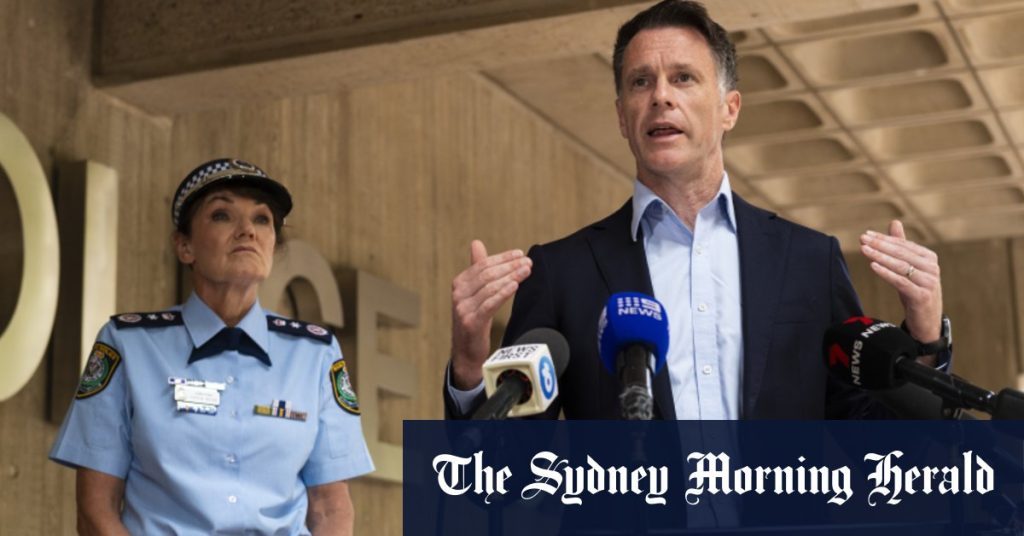The discovery of a caravan laden with explosives in Sydney has sparked a national security investigation and raised serious questions about communication protocols between intelligence agencies and the Prime Minister. NSW Police Commissioner Karen Webb confirmed the ongoing nature of the investigation, stating it was “very much a live investigation” with numerous avenues to pursue. While declining to provide specific details regarding the caravan’s potential interstate travel or the number of individuals involved, she emphasized the active pursuit of leads and the collaborative efforts between state and federal law enforcement agencies under the national counter-terrorism framework. This includes communication with Victoria Police and Queensland Police. The gravity of the situation is underscored by the potential for a catastrophic terrorist event, prompting calls for an independent assessment of the information flow and decision-making processes.
The central issue revolves around the timeline of Prime Minister Anthony Albanese’s awareness of the threat. Opposition leader Peter Dutton has criticized the alleged delay in informing the Prime Minister, asserting that it would be unprecedented for the public to be aware of such a threat before the nation’s leader. Dutton’s concerns highlight the potential breakdown in communication and underscore the need for a thorough investigation to determine the facts and ensure accountability. He calls for an independent assessment of the situation, emphasizing the seriousness of a potential terrorist attack and the imperative for the Prime Minister to be promptly informed of such threats.
NSW Premier Chris Minns addressed the issue of communication, stating he was unsure of the federal authorities’ timeline and acknowledging the Prime Minister’s decision to maintain confidentiality regarding national security briefings. Minns emphasized the importance of respecting the confidentiality of intelligence briefings between federal agencies and the Prime Minister, recognizing the need to avoid setting a precedent that could compromise future security operations. He expressed his understanding of the Prime Minister’s reticence to comment publicly on the specifics of the briefing.
Adding another layer of complexity to the unfolding situation is the arrest of a 37-year-old man in Sydney’s eastern suburbs for allegedly defacing a wall with Nazi symbols and writings. Commissioner Webb confirmed the arrest and charges, indicating the ongoing investigation into the incident. While acknowledging the matter is before the courts, she downplayed the possibility of the individual acting alone, suggesting further investigation is required to determine the full scope of the incident and any potential connections to other individuals or groups. This incident, though seemingly unrelated to the caravan discovery, underscores the heightened security concerns and the vigilance of law enforcement in responding to potential threats.
The incident also brings into focus the issue of copycat behavior and the potential for individuals to exploit heightened anxieties in the wake of such events. Commissioner Webb condemned such acts as opportunistic and exploitative, highlighting the importance of responsible behavior during times of heightened security concerns. This incident, together with the discovery of graffiti referencing a caravan, serves as a reminder of the broader social impact of such events and the potential for misinformation and fear to spread.
The investigation into the caravan incident continues, with authorities working diligently to piece together the facts and determine the extent of the threat. The ongoing investigation necessitates a balance between transparency and the need to protect sensitive information related to national security. The public’s right to know must be carefully weighed against the potential compromise of ongoing operations. The situation highlights the challenges faced by law enforcement and intelligence agencies in addressing complex security threats in a rapidly evolving and interconnected world. The need for effective communication, collaboration, and accountability are paramount in ensuring the safety and security of the nation.

